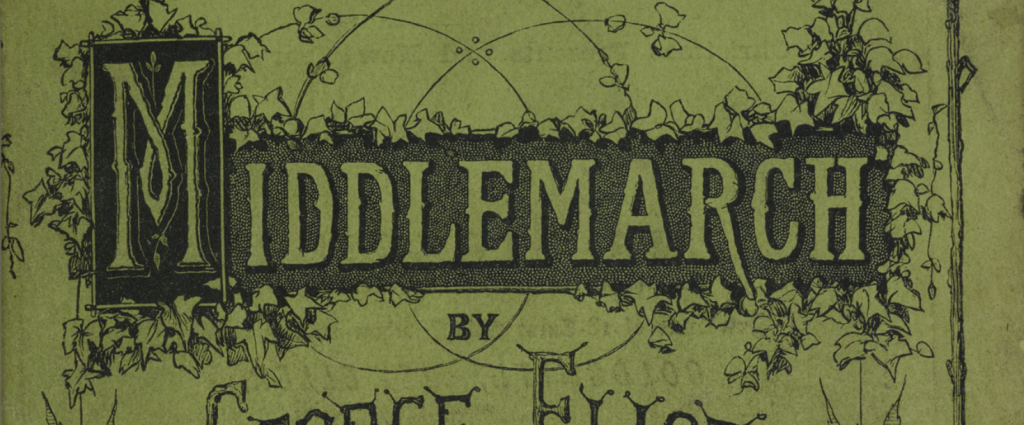Excerpt for the following discussion:
“Oh, how cruel!” said Dorothea, clasping her hands. “And would you not like to be the one person who believed in that man’s innocence, if the rest of the world belied him? Besides, there is a man’s character beforehand to speak for him.”
“But, my dear Mrs. Casaubon,” said Mr. Farebrother, smiling gently at her ardour, “character is not cut in marble—it is not something solid and unalterable. It is something living and changing, and may become diseased as our bodies do.”
Question: Referring to Virginia Woof’s concerns about the modernization of the novel, in what ways, or is Middlemarch is progressive or regressive?
To answer this question, we can start looking at Woof’s major question: what defines modern literature? She took reference to Fielding and Jane Austen, the two renowned authors of the novel, whose works lay a simplistic...
more
 The novel has been one of the most important cultural forms of the past two hundred years. Yet in contrast to poetry and drama, the distinctive formal qualities of the novel have been difficult to define. What is a novel? This course will survey the ways that theorists have sought to understand the novel’s development and its unique form. We will begin with critical accounts of the novel’s rise in the eighteenth century. Why did the novel emerge at this moment, and what is its relationship to other literary and non-literary forms, like the romance and the newspaper? We will then think about the form of the novel and how theorists offer various accounts of its formal structure and its relationship to the world it represents. We will conclude the semester by looking to postcolonial approaches to the novel. This course will focus on the British novel, and we will think about these theories in relationship to the Victorian novel, George Eliot’s Middlemarch.
The novel has been one of the most important cultural forms of the past two hundred years. Yet in contrast to poetry and drama, the distinctive formal qualities of the novel have been difficult to define. What is a novel? This course will survey the ways that theorists have sought to understand the novel’s development and its unique form. We will begin with critical accounts of the novel’s rise in the eighteenth century. Why did the novel emerge at this moment, and what is its relationship to other literary and non-literary forms, like the romance and the newspaper? We will then think about the form of the novel and how theorists offer various accounts of its formal structure and its relationship to the world it represents. We will conclude the semester by looking to postcolonial approaches to the novel. This course will focus on the British novel, and we will think about these theories in relationship to the Victorian novel, George Eliot’s Middlemarch.